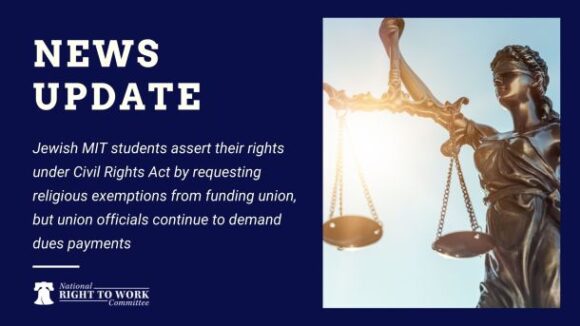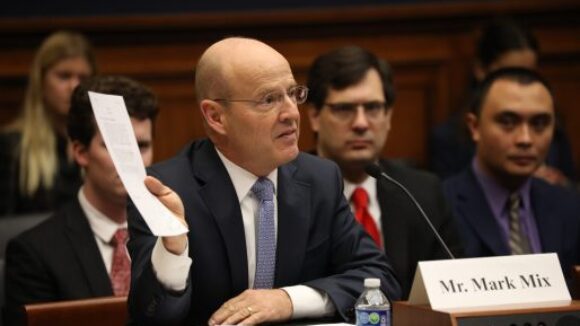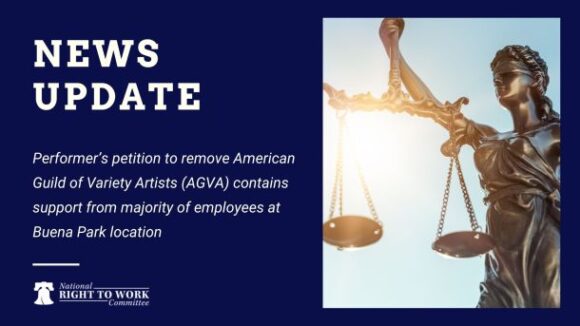As the Washington Post’s Fredrick Kunkle reminded us this past weekend (see the link below), union bosses from across the country poured “money and muscle into electing” Democrat Terry McAuliffe as Virginia’s chief executive this fall.
Kunkle left out the fact that the vast majority of the campaign support given to McAuliffe by Big Labor was bankrolled with union dues and fees that unionized workers are forced to fork over as a condition of employment, even if they prefer not to join.
Once McAuliffe takes office in January, the union brass expect to get a good return on the money they conscripted from rank-and-file employees:
After contributing nearly $3 million and mustering an army of union members to work the streets, labor leaders believe they have done more than put a friend in the Executive Mansion.
. . . McAuliffe is expected to use executive appointments and regulatory policy to alter the balance between business and labor, union leaders said.
In their conversations with Kunkle, union officials signaled that one thing they expect McAuliffe to do for them is eviscerate the state’s two decade-old statutory ban on union monopoly bargaining in the public sector. The tool he could use to accomplish this objective, they suggest, is so-called “meet and confer.”
“Meet and confer” is a back-door form of monopoly bargaining that authorizes quasi-negotiations between government managers and union bosses who purport to speak for all front-line employees. Employees who choose not to join the union and don’t share its objectives won’t be allowed to be present while their fate is discussed.
Such a scheme is clearly the first step on the way to full-fledged monopoly bargaining in Virginia. It would be bizarre for the Old Dominion to head down this road even as states across the nation are either eliminating or rolling back union monopoly bargaining power over government workers.
In addition to the best-known instance, Wisconsin’s elimination of forced union dues and sharp limitations on the scope of monopoly bargaining in most government workplaces, Tennessee, Oklahoma and Indiana have also substantially curtailed government union bosses’ special privileges since 2011. More than half a dozen other states have imposed modest limits on monopolistic public-sector unions.
The National Right to Work Committee is ready to fight with all its strength to stop Gov.-elect McAuliffe from paying back Big Labor by foisting so-called “meet and confer” on public servants, either through legislation or by executive fiat.
Gov.-elect Terry McAuliffe courted Va. labor and business. Can he keep both sides happy?


